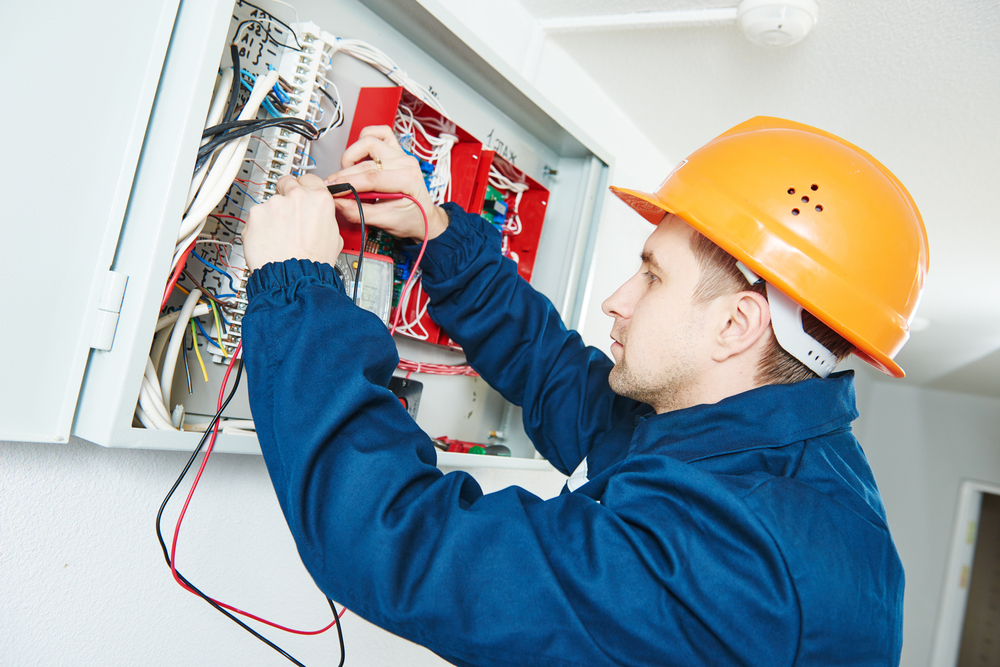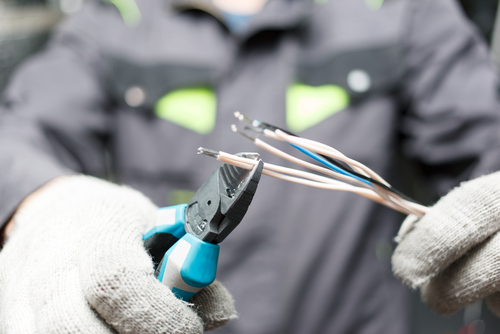
6 Reasons Why Electrical Contractor Insurance is Necessary
Electrical contractors are an essential part of our modern infrastructure, ensuring that homes and businesses have the light and energy that they need to function. With this ever-present demand, it’s easy to see why more and more people are drawn to the electrician profession. Some opt to try and work with an existing business, while others decide to set off on their own as electrical contractors. For those who want to go into business for themselves, understanding the operating costs of running an electrical contracting business is essential, especially electrical contractor insurance. Without it, your business literally won’t be able to take on any work, and not having enough can lead to similar problems.
Table of Contents
The Need For Electrical Contractor Insurance
Here are some key reasons why you need to invest in electrical contractor insurance.
Garnering clients: In some cases, failing to have proper coverage can actually cost you clients. This generally applies to general liability insurance, which protects the business in the event of property damage/personal injuries while on the job. If you don’t have enough insurance coverage, clients will be concerned that you will go after them legally to pay legal and medical costs from worksite accidents out of their control.
Protecting you from angry clients: Imagine doing a commercial electrical installation, only to be informed a few days afterward that the power went out. The client, in this case, may have lost money in refunds/lost sales and potentially even had to toss out some of their perishable products. The last person to work on their electrical system was your business, and you are given a bill for it. This is a case where professional liability coverage is needed. When work you do leads to client losses, this keeps you from paying for it out of pocket. Having coverage here can also minimize the damage to your business’s reputation.

Protecting your employees: All electrical contractors pay heavy attention to safety and invest in equipment and training, but that doesn’t completely avoid accidents. Sometimes, something unforeseen can lead to employees getting injured, and they will need help paying for medical costs and replacing lost income. This is where worker’s compensation coverage is essential. Most states require workers compensation insurance to practice trades anyway, so this is one of the first policies you should be looking into.
Lost/damaged tools: In some cases, you may be reliant on a piece of equipment to finish a job, so if it fails while working, you can be caught in a difficult position. How do you pay to repair or replace it when your cash flow is contingent on that one job? In this case, you need contractor equipment coverage. Your policy can also cover losses and theft.
Coverage for road issues while on the job: Most people think of job site accidents when talking about insurance, but driving to and from the job qualifies as work time as well. What happens if one of your technicians gets in an accident on their way to a site? Their personal auto policy won’t protect your company, so you need business auto insurance. This generally includes liability, but you can also upgrade to collision/comprehensive coverage to protect your vehicles.

Settling contract disputes: For one reason or another, a client may decide not to pay their bill in a timely fashion. Even if you are able to eventually get your money, the halt in cash flow could be devastating for your business. This is especially the case if you are a smaller contractor devoting a lot of your manpower to one large job. To protect yourself in the event of a wait, invest in business interruption coverage. This will help provide you with money while you wait to resolve the dispute.
Understanding Electrical Contractor Insurance Cost
Now that we’ve established the need for a policy, we now need to look at the average cost of electrical contractor insurance. This is ultimately going to vary based on the region where you do business as well as the nature/scale of the jobs that you do. However, we can provide some general information on how much you can expect to pay for certain policies each year.
— General liability costs: Roughly $540 per year. You can save money by bundling this with commercial property insurance.
— Workers’ compensation costs: Around $3,275 each year. As mentioned before, this is a mandatory expense in most states.
— Commercial auto insurance costs: $1,700 per year. Note that if you upgrade your policy, you can cover incidents like theft and vandalism.
— Contractor equipment coverage: $490 on average each year.
— Professional liability insurance costs: Around $1,060 per year.
Final Thoughts
Note that this isn’t a finalized list. For example, if you do electrical work on an oil rig, you’re likely going to pay more for worker’s compensation than a residential electrician due to the risk. When you are creating your electrical contractor business plan, it’s a good idea to factor this into your anticipated costs.
Electrical contractor business insurance is one of the many different costs you need to factor in if you plan on going into business for yourself as opposed to working for a larger contractor. It can be daunting to have a record of all the financial transactions on your own, which is why one of the earliest purchases you want to make in this industry is project management software like eSUB.
How does eSub help electrical contractors? For one thing, our electrical contractor software allows you to easily keep records of all your payables and bills, insurance for electrical contractors included in a cloud storage system. You can also make full use of our technology to chart your bids and actuals to make sure your jobs are profitable at the price points you are giving. Insurance can mark a notable cost, but it’s a necessary one. We help you account for it.
